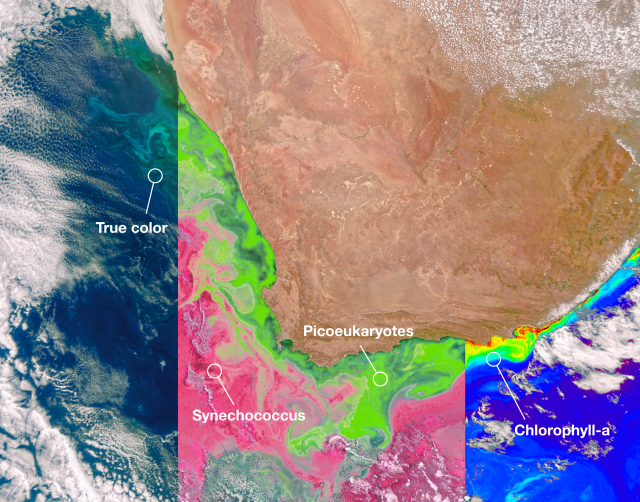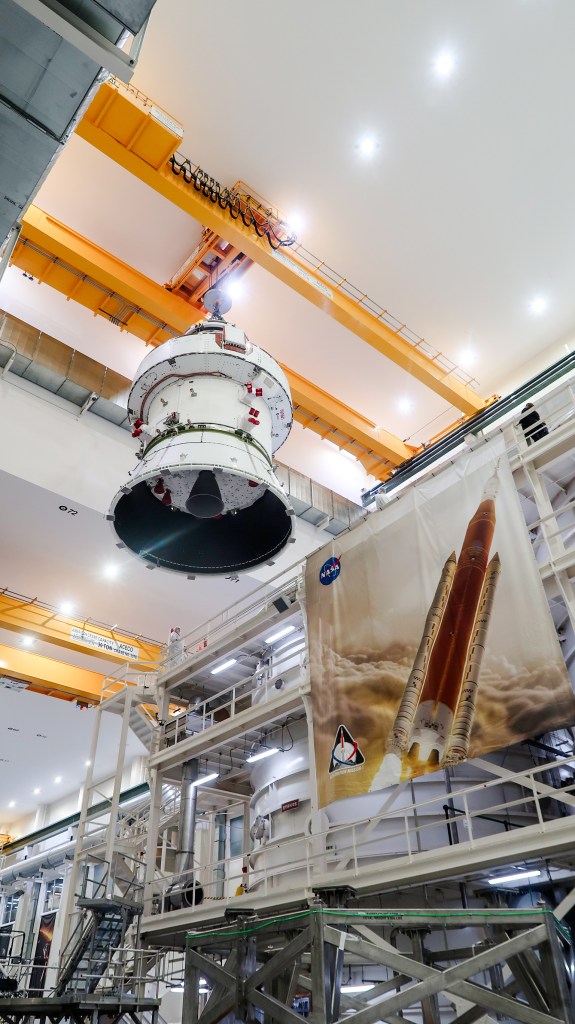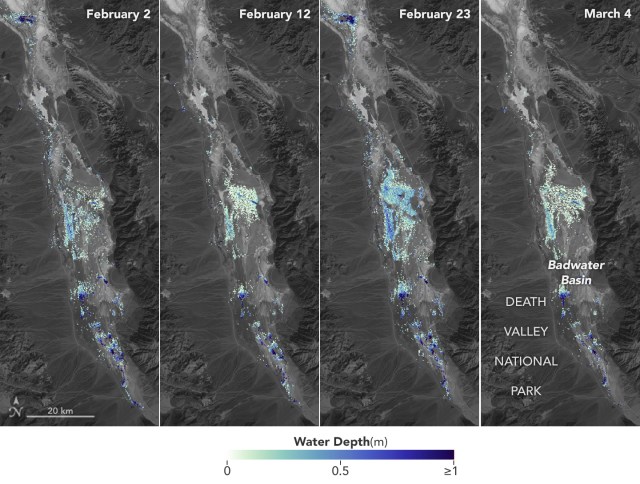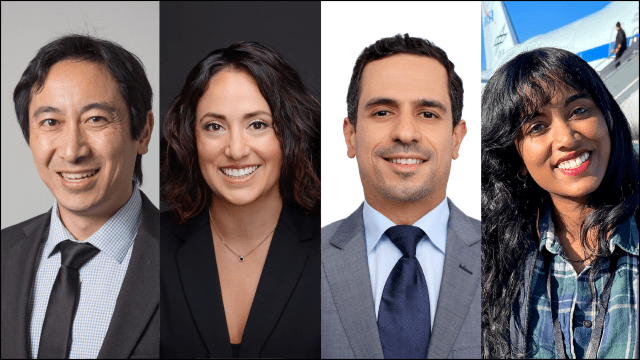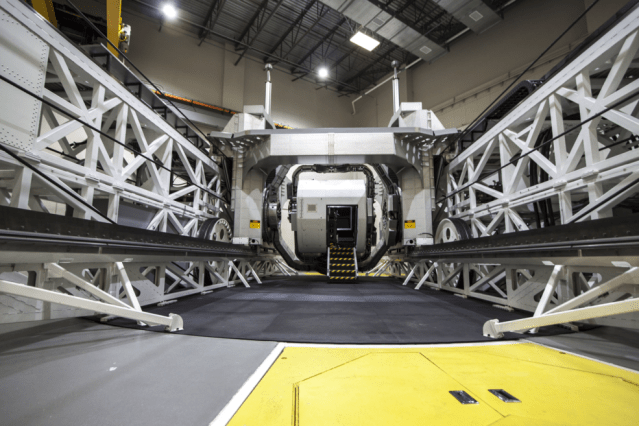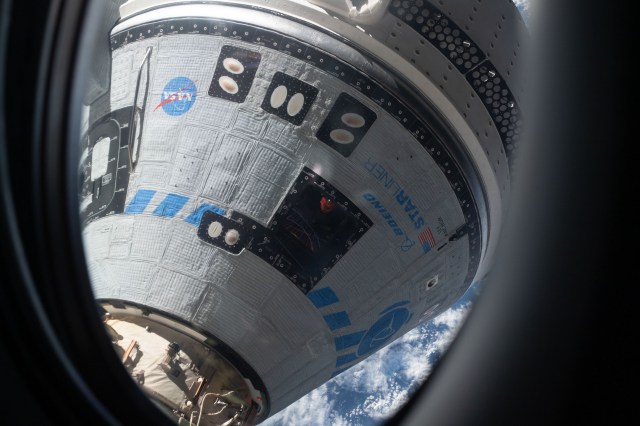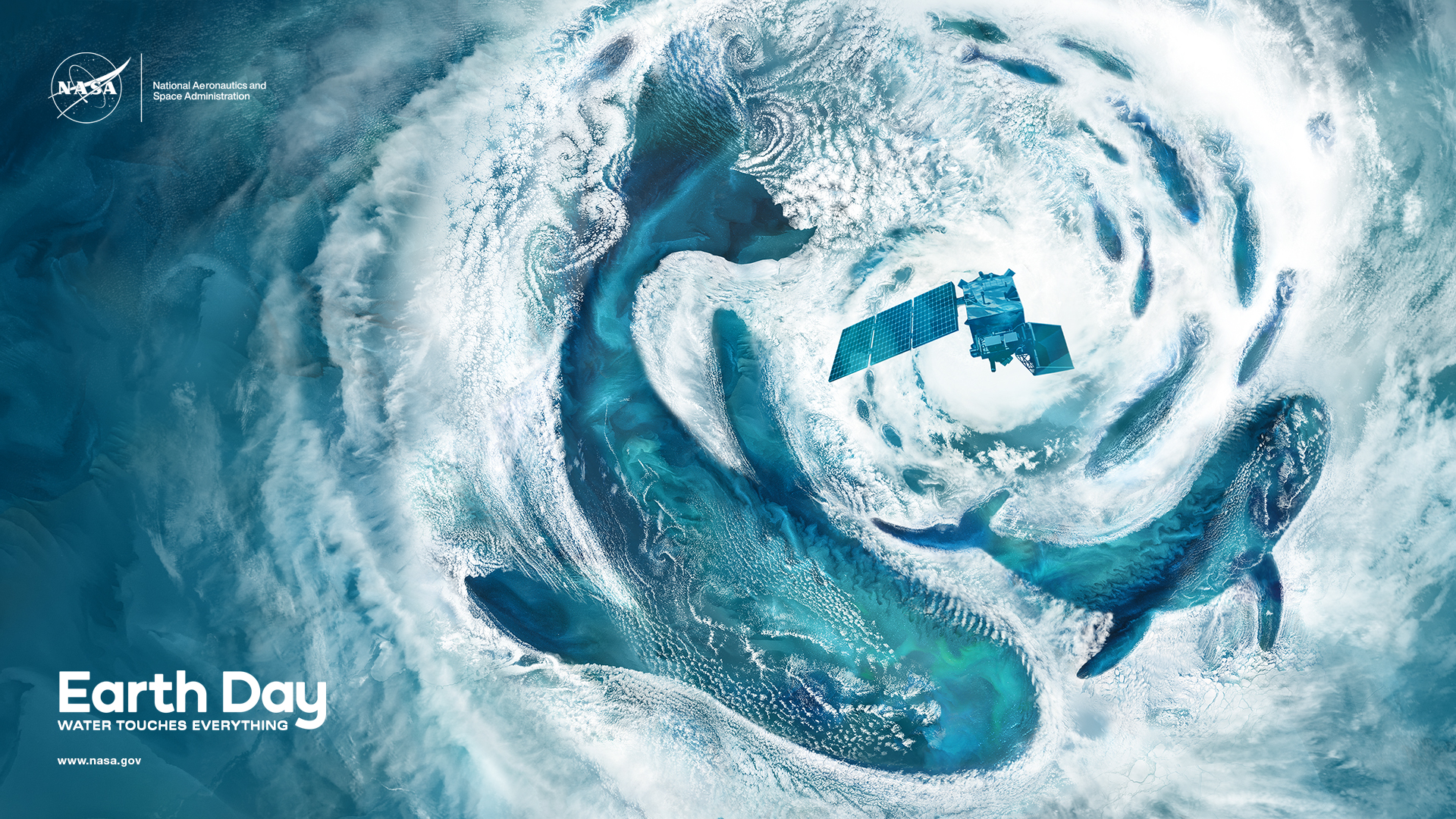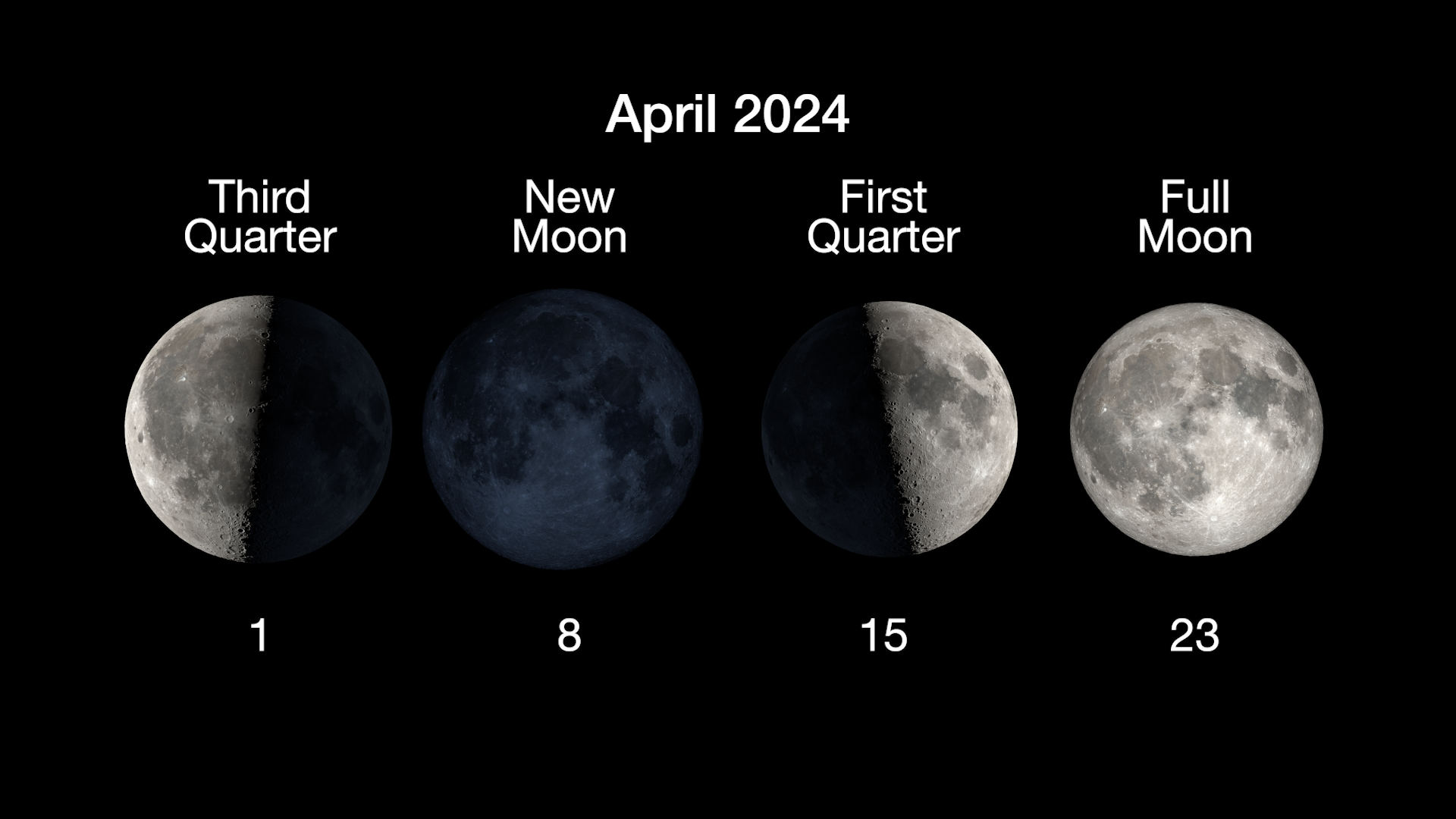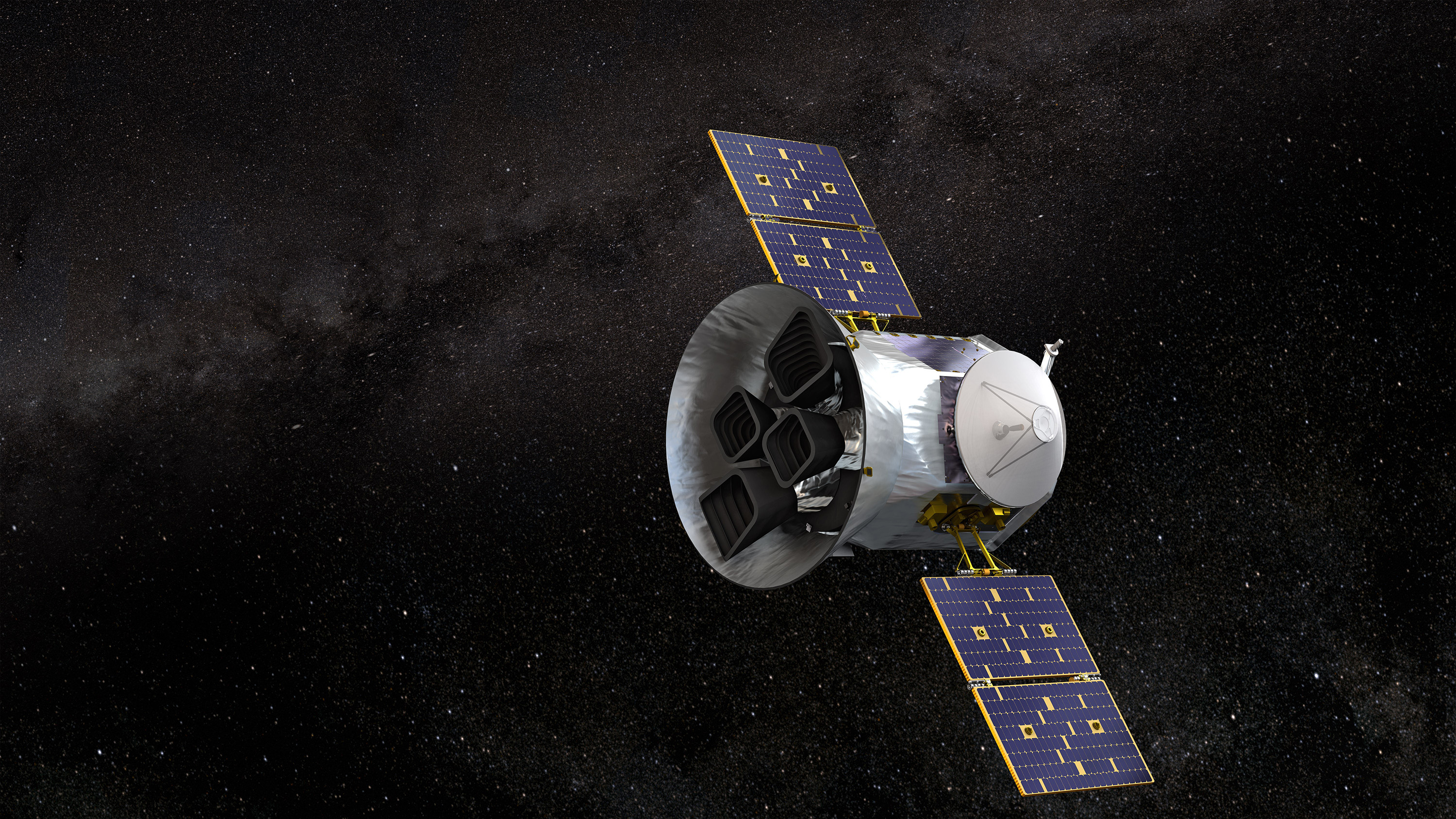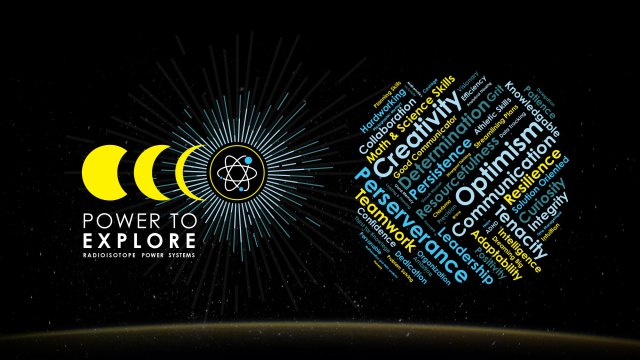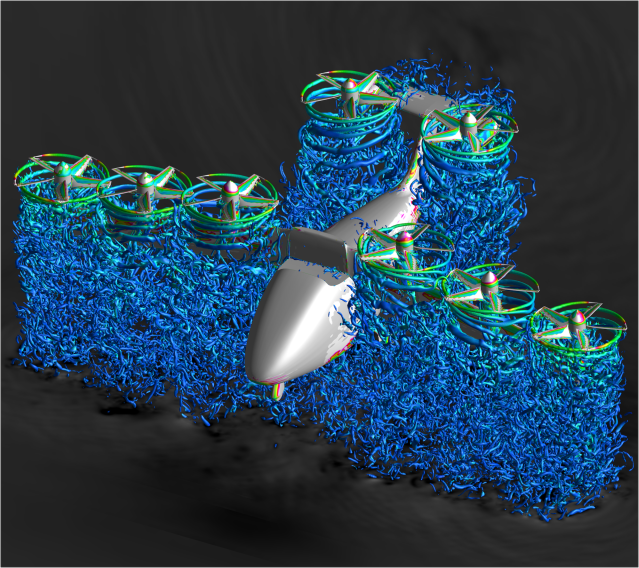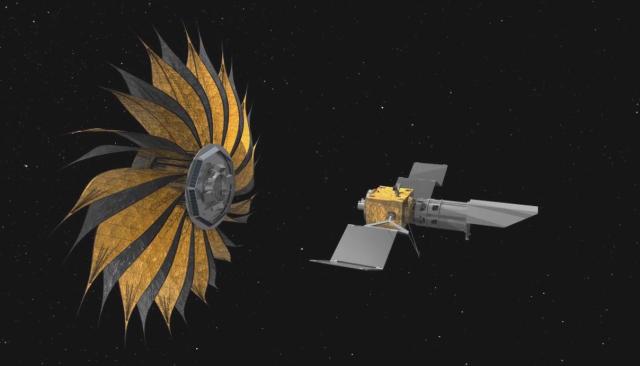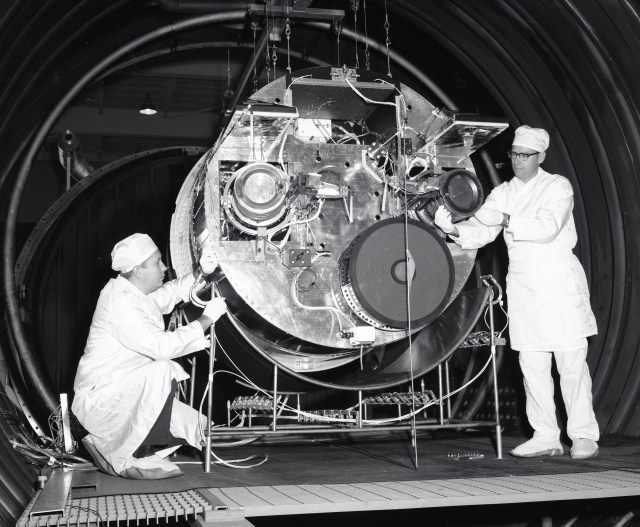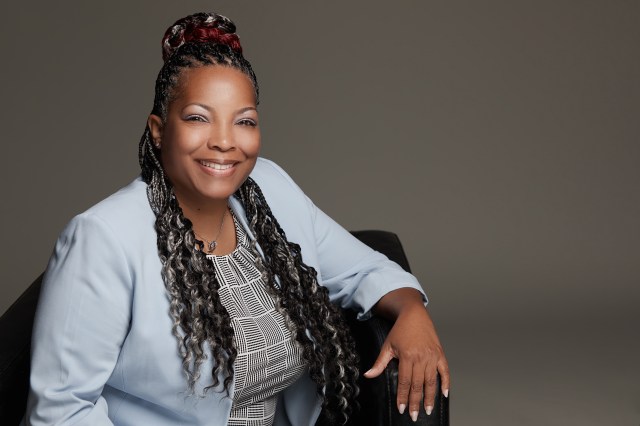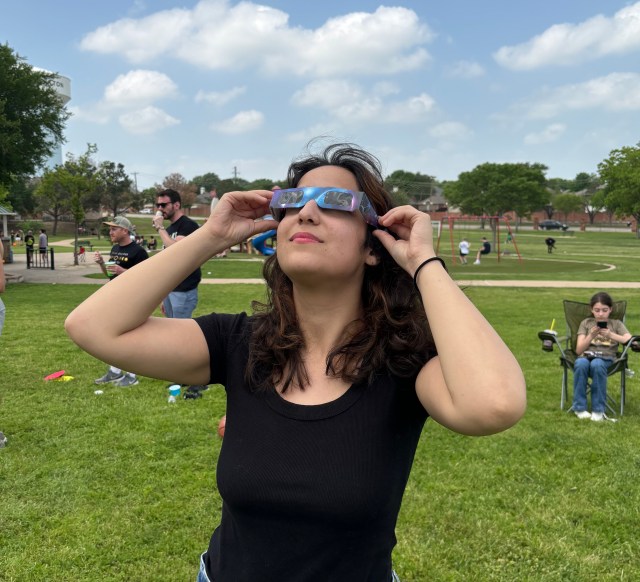
Name: Alicia Jose
Formal Job Classification: Professional Administrative
Organization: Code 660, Astrophysics and Science Division, Science and Exploration Directorate
What do you do and what is most interesting about your role here at Goddard? How do you help support Goddard’s mission?
I recently became the administrative officer for the Astrophysics and Science Division. I assist the division director with tracking actions and act as the liaison between my organization and human resources in terms of personnel paperwork.
Prior to this new position, I worked in the secretarial field.
Where did you grow up?
I was born in Seoul, Korea, but grew up in Southern Maryland. My parents met in Korea where they both worked on base. My father was an enlisted Army broadcast journalist, and my mother, after receiving a degree in Korean law and political science, worked as a television program scheduler for the Armed Forces Korea Network. My family moved to Maryland when I was 2, and my sister was a year old. I also have another sister who is 11 years younger than I am.
How did the Stay-in-School Program, now the Pathways Program, help you come to Goddard?
After receiving my associate’s degree in general studies from the College of Southern Maryland, I began working at Goddard through the Stay-in-School Program, a precursor to the current Pathways Program. Through the program, I was provided the opportunity to work as a civil servant intern building my professional skills while attending school. While I was in the program, I worked and attended school full-time and my employment renewed annually as long as I maintained a good standing with my institution.
As a child, I had a love for astronomy, and my dream was always to work for NASA. After receiving my associate’s degree, I received my bachelor’s of science in public affairs with a minor in sociology from the University of Maryland. I love learning about and helping people, and want to share my love of astronomy with people.
What other positions have you held at Goddard?
I started my internship in 2008 as the branch secretary for the Avionics and Electrical Systems Branch. It was my first professional job where I learned time management, organization, and self-discipline.
After working in that position for about six years, I converted to a permanent, full time employee. After I was converted, I was able to apply to other in-house positions.
A few months later, I was promoted to a position as the lead secretary of the Electrical Engineering Division. About two year later, I was promoted to the lead secretary for the Flight Projects Directorate.
What did you learn as a team lead?
My first job as a team lead was for the Electrical Engineering Division, where I led a small team of secretaries. I learned that everyone learns things differently, and I learned a little bit more about myself, too. I enjoyed finding different ways to produce training materials for my team to help them perform their administrative tasks and work with the different administrative systems. I also learned how much I enjoy being a lead, helping and watching my team grow.
What are the differences between being a team lead in a small office and being a team lead in a larger office?
As the lead secretary for the Flight Projects Directorate, I led a team of over 50 administrative and project support specialists. It was cool to see a whole new side of Goddard and to see the flight projects from an eagle eye view. I also learned that each directorate on center has its own culture.
Since this new position allowed me to work more closely with the center director’s office, I learned a lot more about Goddard’s administrative processes, especially in regards with correspondence. In this position, I was able to collaborate with other leads and subject matter experts to create more training materials. For example, I was part of a team that designed, created and continually improves an electronic correspondence system, which has alleviated turnaround time on important documents.
Why is training so important to you?
I get a lot of joy from seeing people grow and being a part of a collaborative group of people.
What awards have you received?
Most recently, I received the Agency Honor Award’s Exceptional Administrative Achievement Medal in 2019 and the Robert H. Goddard Award for Clerical in 2018, for my support of the Flight Projects Directorate. In particular, I created an electronic filing system, which lessened paper waste, saved resources, and allowed for faster retrieval of files.
In 2016, I received a Robert H. Goddard Award for Clerical for my support with the Electrical Engineering Division. I’ve also received the Electrical Engineering Directorate Excellence Award for Clerical in 2016, 2014, and 2010 for my support within the Electrical Engineering Directorate.
What are you currently studying through the Academic Investment for Mission Success (AIMS) Program?
In 2019, I was accepted into the AIMS Program, where Goddard is paying for me to finish my master’s in business administration. I attend school part-time through the University of Maryland’s Global Campus.
Tell us about your work with the Diversity and Inclusion Committee and the Asian Pacific American Advisory Committee. What would you like to see people do to increase diversity and inclusion?
Diversity has always been very important to me. I think it is important for people to share their unique backgrounds, as well as for others to learn them. I believe it brings people closer together and helps them become aware of their unconscious bias. Everyone has biases; it is part of human nature. The way that we become more inclusive as a whole is to become aware of our own biases. Once someone is educated and aware of their own bias, I believe they are willing to change for the better. Humans are a collaborative species; we like to work together.
I try to incorporate diversity in my work as much as possible. In my first position here, I created an annual diversity potluck where people brought a dish from their ethnic background. This opened up conversations and allowed people to learn about their co-workers and different cultures. I later joined the Flight Project Directorate’s D&I committee, and was part of a center-wide campaign centered around unconscious bias. I am also part of the Asian Pacific American Advisory Committee, where we work to promote the many different cultures of Asian Americans and Pacific Islanders.
Outside of work, I have been teaching myself American Sign Language (ASL) this past year. I have always been interested in it, and one day sought out a local group where signers of all skills meet to connect, share, and learn. Learning this way has been very successful for me, and I am in the process of starting a group on center called Goddard’s American Sign Language Club. This group will allow Goddard employees to learn ASL, a new culture, and to provide an opportunity to connect with more co-workers.
Is there something surprising about your hobbies outside of work that people do not generally know?
I am a singer-songwriter. I play the guitar and I’m learning the piano. I have played local venues such as U Street Music Hall in Washington, D.C.; Jammin Java in Vienna, Virginia; and numerous Asian American Pacific Islander events in the Washington, D.C., area, to name a few.
Music is very important to me. I think it is a great form of therapy, and am grateful for the impact it has had on my life, and others’. I wrote my song “Little Warrior” for a friend who was diagnosed with leukemia. She passed away at the age of 10 after a seven-year battle with leukemia. She was quirky, witty, and always kept a positive outlook. I wanted to write her a song to remind her to never lose those qualities. I released the song publicly after she passed and donated the proceeds to CureSearch, a charity of her mother’s choosing, which focuses on finding a cure for childhood cancer.
I have also volunteered with the organization, Musicians on Call, which provides live music from local artists for area hospitals. I worked specifically with Children’s Hospital in Washington, D.C., where I would visit each child in their room, playing songs for the patients, their families, and the medical staff.
I’m also slowly working towards a second bachelor’s degree in music therapy.
What is your “six-word memoir”? A six-word memoir describes something in just six words.
Love, connect, create, and experience all.
By Elizabeth M. Jarrell
NASA’s Goddard Space Flight Center

